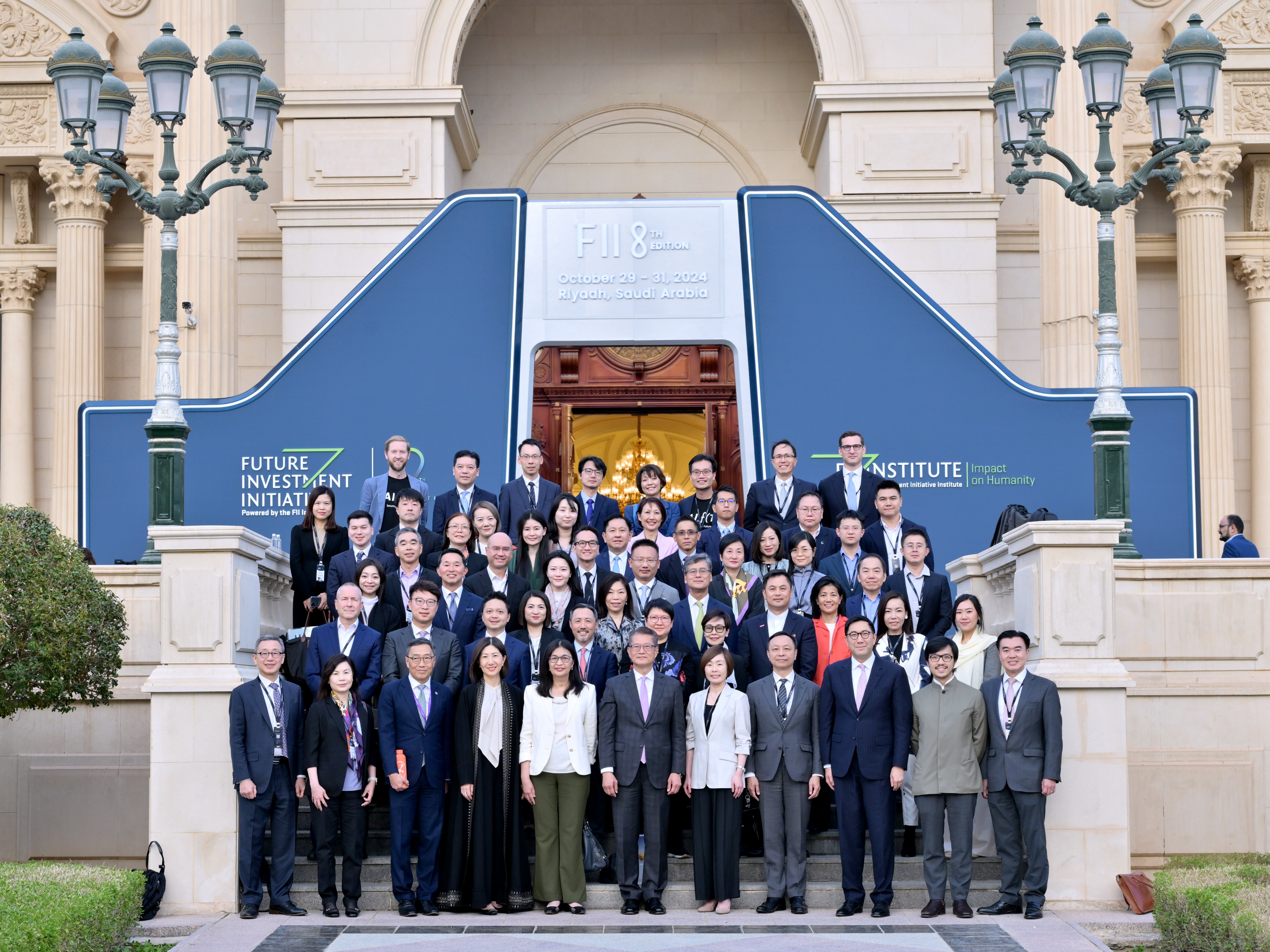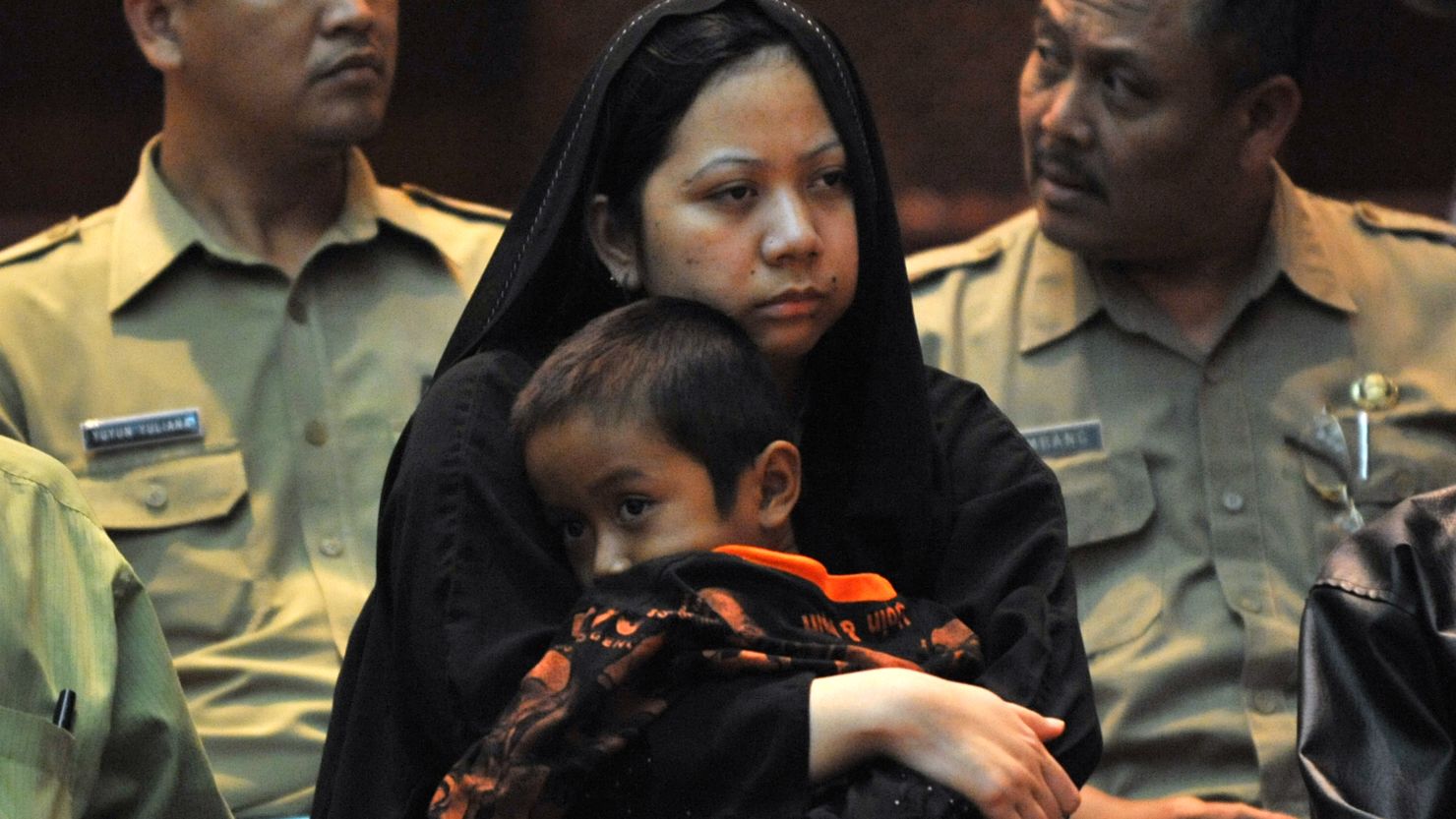Executions Reach Record Levels
In a shocking escalation of state violence, Saudi Arabia executed 345 individuals in 2024, marking the highest number of executions reported in over three decades, according to Amnesty International. The first half of 2025 has already seen 180 executions, suggesting that the kingdom is on track to surpass last year’s grim milestone. Alarmingly, about two-thirds of these executions are for non-violent drug offenses, raising serious questions about the ethics and efficacy of such brutal punitive measures.
Migrant Workers as Primary Targets
The disproportionate impact of these executions falls heavily on migrant workers, who comprise an estimated 76% of Saudi Arabia’s workforce. As reported by Reprieve, many of those executed for drug-related offenses are foreign nationals, often caught in a web of exploitation and systemic injustice. These workers, who typically lack the financial resources for adequate legal representation, find themselves ensnared in a state-driven "war on drugs" that ignores the fundamental rights of individuals.

Financial Secretary - My Blog - Visiting Saudi Arabia again
Desperation Fuels Human Rights Violations
The tragic case of Egyptian Essam Ahmed illustrates the grave injustices faced by many migrant workers in Saudi Arabia. Ahmed was captured while working on a fishing boat and subsequently executed for drug trafficking, despite claims that he was coerced at gunpoint to carry a package. This horrifying scenario reflects a broader pattern of systemic exploitation where low-wage workers are forced into precarious positions, leading to fatal consequences.
The Illusion of Reform
Despite Crown Prince Mohammed bin Salman’s claims of reform, such as a brief moratorium on drug-related executions instituted in 2021, the reality is far from progressive. The moratorium lasted less than three years before being unceremoniously lifted without explanation. Human rights advocates argue that the Crown Prince could easily alter this trajectory by instituting mass pardons or aligning Saudi law with international human rights standards. Yet, the reality remains that executions have become a normalized aspect of governance in a nation that paradoxically claims to be modernizing under its Vision 2030 initiative.

Saudi Arabia set to protect workers while Indonesian maids ...
International Complicity and Inaction
The global community must grapple with its complicity in these human rights violations. Economic relationships with Saudi Arabia, particularly by Western nations, often overshadow pressing moral obligations to demand accountability. As nations deepen ties with the kingdom in the name of economic interests, the plight of migrant workers and the chilling specter of the death penalty remain largely ignored. The silence from international governments serves to embolden the Saudi regime, perpetuating a cycle of violence and oppression.

![[Video] Anti-ICE Protester Pepper Sprayed as CBP Agents Disperse Crowd in Minneapolis](/_next/image?url=%2Fapi%2Fimage%2Fthumbnails%2Fthumbnail-1768260677127-y71sb7-thumbnail.jpg&w=3840&q=75)

![[Video] Several injured as U-Haul truck drives through Iranian protestors in Los Angeles](/_next/image?url=%2Fapi%2Fimage%2Fthumbnails%2Fthumbnail-1768176682028-q95y6j-thumbnail.jpg&w=3840&q=75)
![[Video] Scuffle breaks out between Trump supporters and Anti-ICE protesters in Times Square](/_next/image?url=%2Fapi%2Fimage%2Fthumbnails%2Fthumbnail-1768165958203-hgcgb-thumbnail.jpg&w=3840&q=75)


![[Video] Gunfire between Iraqi security forces and Sadr militias in Baghdad](/_next/image?url=%2Fapi%2Fimage%2Fthumbnails%2Fthumbnail-1768343508874-4redb-thumbnail.jpg&w=3840&q=75)
